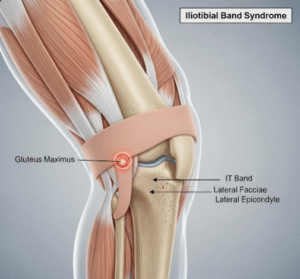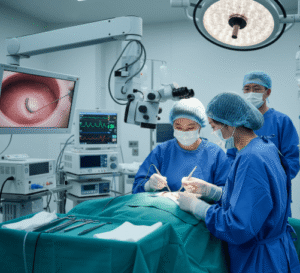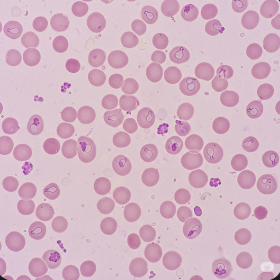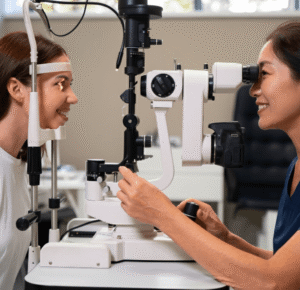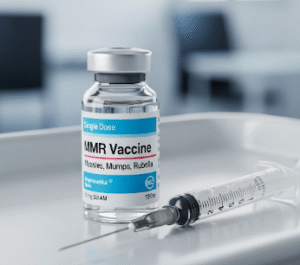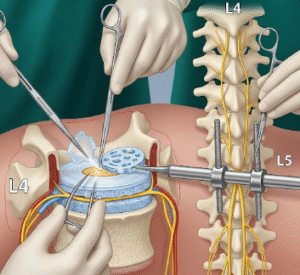Overview
Ramsay Hunt Syndrome is a neurological disorder caused by reactivation of the varicella-zoster virus (the same virus that causes chickenpox and shingles) in the facial nerve near the ear. It leads to facial paralysis, painful rash, and other symptoms. This condition can significantly affect quality of life but is treatable, especially with early diagnosis. In Korea, advanced neurological and infectious disease centers provide expert care including antiviral therapy and rehabilitation to optimize recovery.
What is Ramsay Hunt Syndrome?
Ramsay Hunt Syndrome (also called herpes zoster oticus) occurs when the varicella-zoster virus reactivates and inflames the facial nerve (cranial nerve VII). This inflammation causes facial weakness or paralysis, along with a painful blistering rash typically around the ear or inside the mouth. The syndrome can also affect hearing and balance.
Symptoms
- Painful, blistering rash on the ear, ear canal, or mouth
- Facial muscle weakness or paralysis on the affected side
- Ear pain or discomfort
- Hearing loss or ringing in the ear (tinnitus)
- Vertigo or dizziness
- Difficulty closing one eye
- Altered taste sensation on the front two-thirds of the tongue
- Dry mouth or eyes
Causes
Ramsay Hunt Syndrome is caused by reactivation of the varicella-zoster virus that lies dormant in nerve tissue after initial chickenpox infection. Reactivation is often triggered by:
- Stress
- Immune system weakening (due to illness, medications, or age)
- Other infections
Risk Factors
- Older age (over 60)
- Immunocompromised conditions (HIV, cancer, immunosuppressive therapy)
- History of chickenpox or shingles
- Stress or trauma
Complications
- Permanent facial nerve damage causing lasting weakness
- Postherpetic neuralgia (chronic nerve pain)
- Hearing loss or tinnitus
- Balance problems
- Eye damage due to inability to close the eyelid
Prevention
- Vaccination against varicella-zoster virus (shingles vaccine)
- Maintaining a strong immune system through healthy lifestyle
- Early treatment of shingles to reduce risk of complications
Treatment Options in Korea
Diagnosis
Korean neurologists diagnose Ramsay Hunt Syndrome based on clinical symptoms, physical examination, and sometimes PCR testing of vesicle fluid. Imaging (MRI) may be used to exclude other causes of facial paralysis.
Medical Treatments
- Antiviral medications (acyclovir, valacyclovir) to combat viral replication
- Corticosteroids to reduce nerve inflammation
- Pain relief medications
- Eye care to protect the cornea if eyelid closure is impaired
Surgical or Advanced Therapies
- Facial nerve decompression surgery (rarely needed)
- Physical therapy and facial exercises to aid nerve recovery
Rehabilitation and Support
- Facial muscle retraining with physical therapy
- Psychological support for coping with facial paralysis
- Regular follow-up to monitor recovery and manage complications


